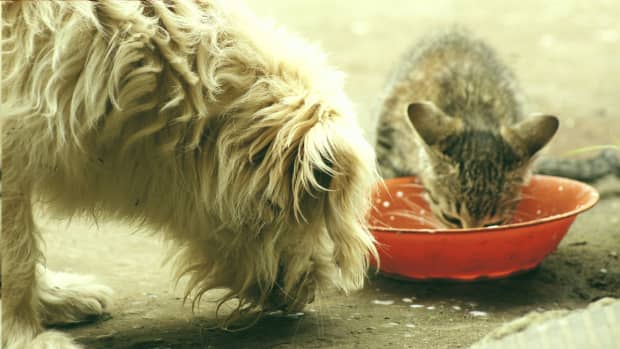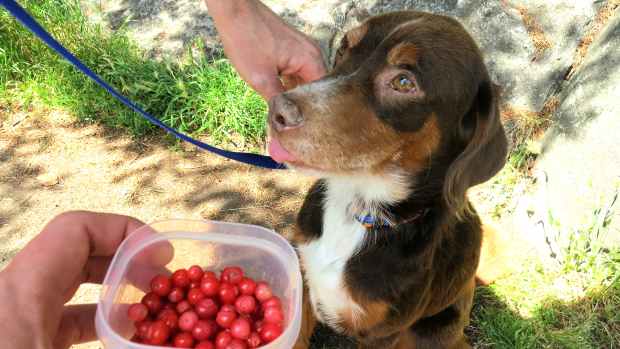Is Garlic Mustard Toxic to Cats?
Are My Cats in Danger of Poisoning From Garlic Mustard?
"My apartment is surrounded by an invasive weed called garlic mustard (Alliaria petiolata). I read that it is safe to eat for humans, so I picked some. What I could not find was whether it is toxic to cats. Everything I searched for was about the toxicity of garlic and mustard, but nothing about the actual garlic mustard plant itself. I worry I'll wake up one morning to see they got into the trash and ate the stems. Would they be okay if they did?" —Kris
Garlic Mustard Is Unlikely to Poison Your Cat
I have not seen a report of poisoning with this plant, but it does have arsenic, so it could potentially be toxic. (1) The levels can be as high as 100 ppm, which are potentially toxic. However, rats fed a diet of 500 ppm of arsenic did not have any clinical symptoms. (2)
I do not know how many kilos of this plant your cat would need to eat to get sick, but it would probably be a lot. With this in mind, it is not going to be a problem if your cat eats a few stems from the trash. It could potentially poison a sheep, goat, or even a cow, but that is only if this was the only forage given. Since all toxicities are dose-related, this plant is safe for humans and is very unlikely to poison a cat.
Your Cat May Experience Drooling or Vomiting
This is not a guarantee that this can never happen, but I certainly would not worry about it. If your cats did eat a lot of the plants out of your trash, you would probably notice nothing more than excessive drooling and possibly a bout of vomiting. Although this is only very mildly toxic, there are other plants that can be poisonous to cats.
Arsenic Poisoning in Cats
Fortunately, arsenic poisoning is very rare in cats and almost never occurs from natural sources. Even in dogs, which are more likely to suffer from arsenic poisoning, the source of the arsenic is usually sprays, dips, and vegetation that has been sprayed by pesticides. (3)
Symptoms of Arsenic Poisoning in Cats
- excessive drooling
- vomiting
- diarrhea
- weakness
- reluctance to move around
- collapse
Provide Fresh Grass for Your Cats to Eat
Although they are obligate carnivores, the best way to keep your indoor cat from eating toxic plants in your house or yard is to provide a source of fresh grass that they can eat if they feel the need to eat a plant.
Sources
(1) Cipollini D, Gruner B. Cyanide in the chemical arsenal of garlic mustard, Alliaria petiolata. J Chem Ecol. 2007 Jan;33(1):85-94. doi: 10.1007/s10886-006-9205-x. PMID: 17146719. https://pubmed.ncbi.nlm.nih.gov/17146719/
(2) National Research Council (US) Committee on Medical and Biological Effects of Environmental Pollutants. Washington (DC): National Academies Press (US); 1977. https://www.ncbi.nlm.nih.gov/books/NBK231025/
(3) Lloyd A. Selby, Arthur A. Case, Gary D. Osweiler, and Howard M. Hayes, Jr. Epidemiology and Toxicology of Arsenic Poisoning in Domestic Animals. Environmental Health Perspectives, Vol. 19, pp. 183-189, 1977 . https://www.ncbi.nlm.nih.gov/pmc/articles/PMC1637419/pdf/envhper00485-0174.pdf
This article is not meant to substitute for diagnosis, prognosis, treatment, prescription, or formal and individualized advice from your veterinarian. Animals exhibiting signs and symptoms of distress should be seen by a veterinarian immediately.
© 2023 Mark dos Anjos, DVM










